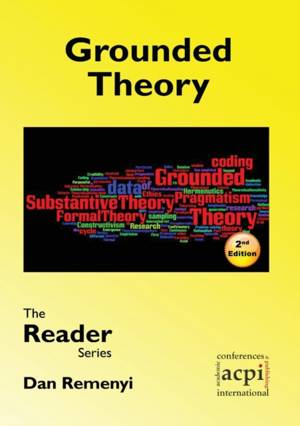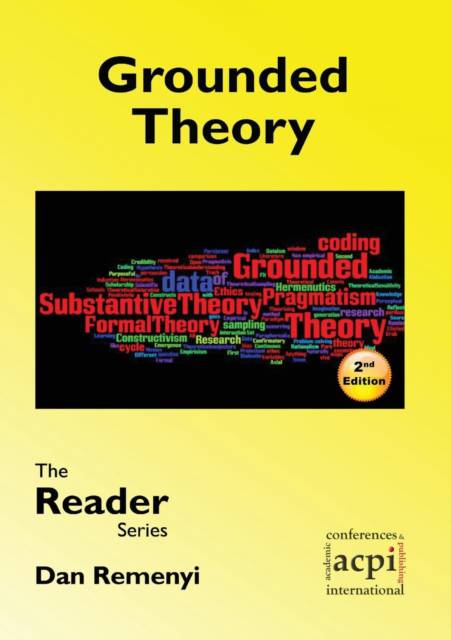
- Afhalen na 1 uur in een winkel met voorraad
- Gratis thuislevering in België vanaf € 30
- Ruim aanbod met 7 miljoen producten
- Afhalen na 1 uur in een winkel met voorraad
- Gratis thuislevering in België vanaf € 30
- Ruim aanbod met 7 miljoen producten
Zoeken
Omschrijving
Grounded Theory is probably the most successful method proposed to social scientists in the 20th century, and this can only be partly attributed to the fact that it is democratised theory development making this available to all competent researchers. The ideas elucidated by Grounded Theory are far too important to be left up to Grounded Theorists alone or put another way the real power of the Glaser and Strauss contribution was not that it offered a method for research but that it opened the 'black box' of qualitative research for all to see what lies beneath. The detail of the research practice described or prescribed by Grounded Theory throws much light on qualitative research thinking. This Reader addresses the paraphernalia of Grounded Theory and then it takes a deep look into some of the ideas and intellectual challenges which underpin qualitative research. Thus the issues of theory, data and pragmatism are addressed in some detail. In addition a substantial Glossary of the terms used by Grounded Theorists is supplied.
Specificaties
Betrokkenen
- Auteur(s):
- Uitgeverij:
Inhoud
- Aantal bladzijden:
- 218
- Taal:
- Engels
Eigenschappen
- Productcode (EAN):
- 9781909507906
- Verschijningsdatum:
- 3/07/2014
- Uitvoering:
- Paperback
- Formaat:
- Trade paperback (VS)
- Afmetingen:
- 148 mm x 210 mm
- Gewicht:
- 263 g

Alleen bij Standaard Boekhandel
+ 67 punten op je klantenkaart van Standaard Boekhandel
Beoordelingen
We publiceren alleen reviews die voldoen aan de voorwaarden voor reviews. Bekijk onze voorwaarden voor reviews.











